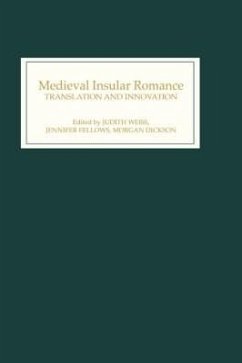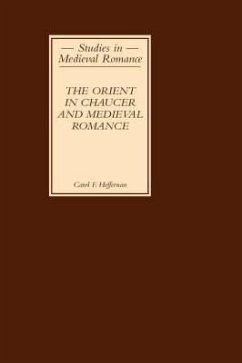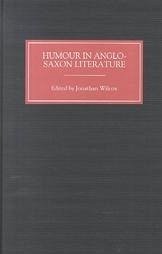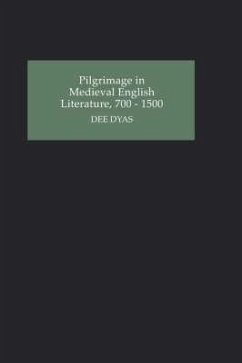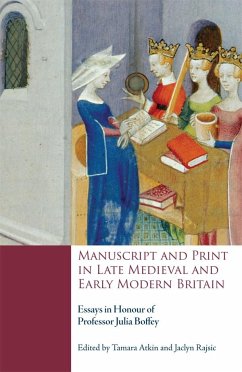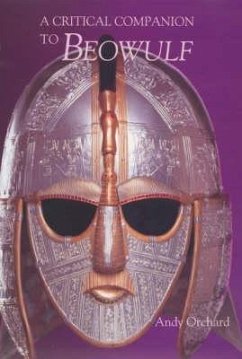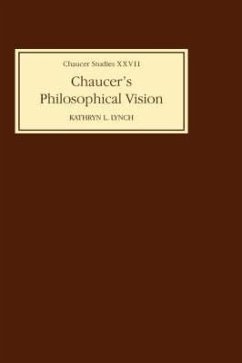Nicht lieferbar
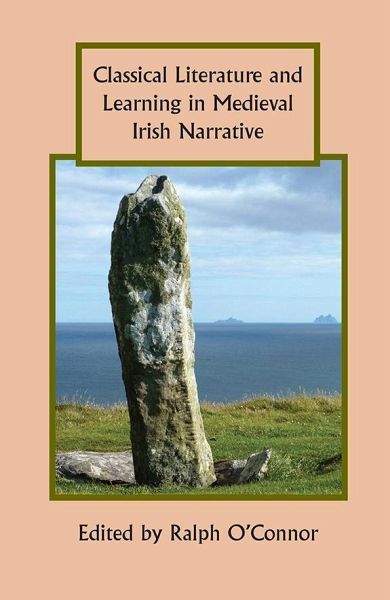
Classical Literature and Learning in Medieval Irish Narrative
Versandkostenfrei!
Nicht lieferbar
From the tenth century onwards, Irish scholars adapted Latin epics and legendary histories into the Irish language, including the Imtheachta Aeniasa, the earliest known adaptation of Virgil's Aeneid into any European vernacular; Togail Troí, a grand epic reworking of the decidedly prosaic history of the fall of Troy attributed to Dares Phrygius; and, at the other extreme, the remarkable Merugud Uilixis meic Leirtis, a fable-like retelling of Ulysses's homecoming boiled down to a few hundred lines of lapidary prose. Both the Latin originals and their Irish adaptations had a profound impact on ...
From the tenth century onwards, Irish scholars adapted Latin epics and legendary histories into the Irish language, including the Imtheachta Aeniasa, the earliest known adaptation of Virgil's Aeneid into any European vernacular; Togail Troí, a grand epic reworking of the decidedly prosaic history of the fall of Troy attributed to Dares Phrygius; and, at the other extreme, the remarkable Merugud Uilixis meic Leirtis, a fable-like retelling of Ulysses's homecoming boiled down to a few hundred lines of lapidary prose. Both the Latin originals and their Irish adaptations had a profound impact on the ways in which Irish authors wrote narratives about their own legendary past, notably the great saga Táin Bó Cúailnge (The Cattle-Raid of Cooley). The essays in this book explore the ways in which these Latin texts and techniques were used, drawing from a wide range of disciplines.




